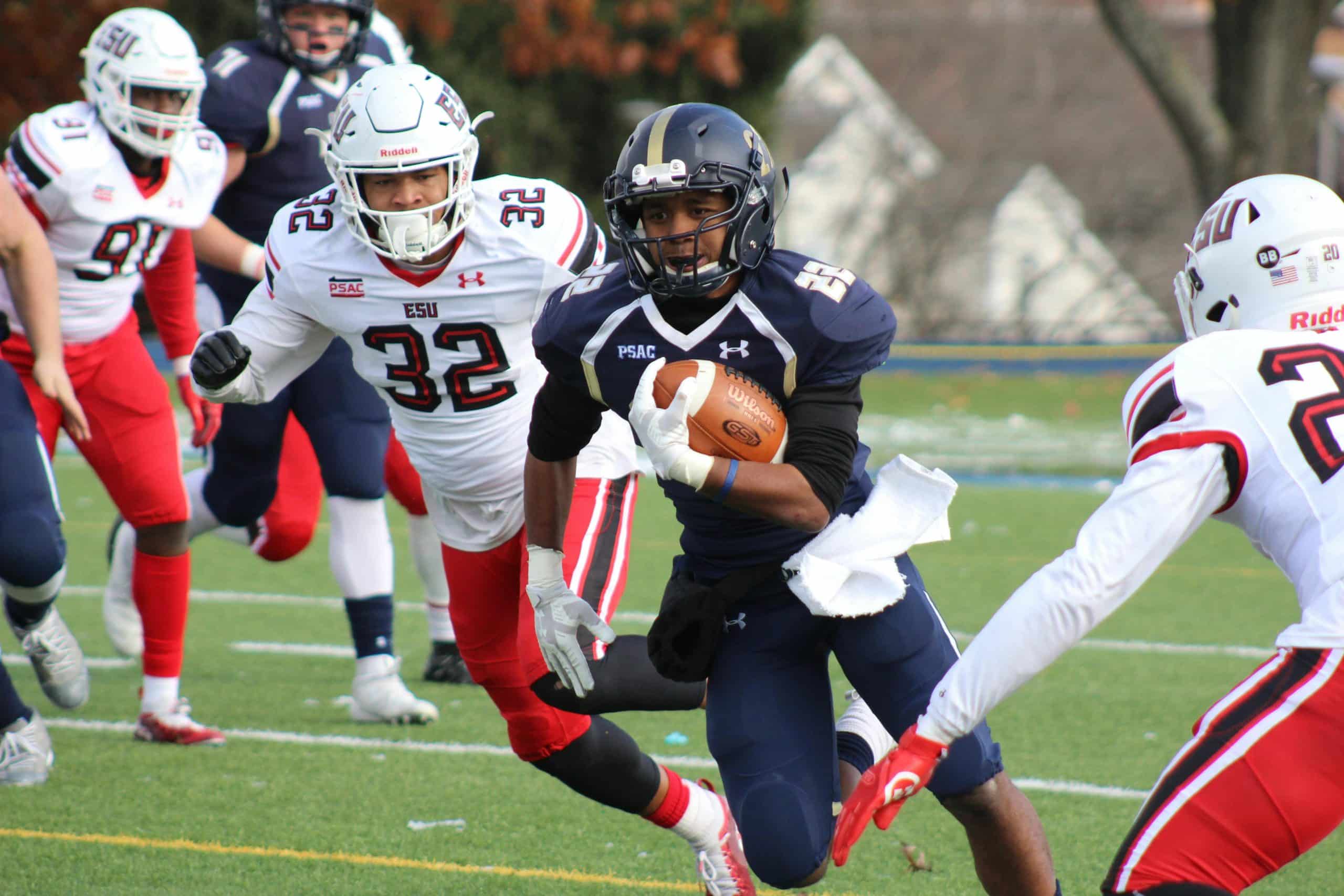In the contemporary digital era, social media has become an integral part of our lives, influencing various aspects of human interaction, including sports. For recreational sports leagues in the UK, it’s no different. The integration of social media can significantly enhance player recruitment, bringing new life to these leagues. This article explores how UK recreational sports leagues can harness the power of social media for player recruitment.
Understanding the Power of Social Media in Sports
To begin with, it is vital to understand the influence of social media in sports. With its wide reach and the ability to interact directly with audiences, social media has become a powerful tool in the world of sports.
A lire en complément : What are the best practices for UK school sports coordinators to manage multi-sport tournaments?
Social media platforms such as Facebook, Twitter, Instagram, and LinkedIn, among others, can be used to reach out to potential players, and keep fans and players informed and engaged. They not only provide an opportunity to share information and updates but also serve as a conduit for dialogue, feedback, and interaction.
In the context of recreational sports leagues, social media can help attract new players, increase visibility, foster a sense of community, and stimulate engagement and participation. With over 45 million social media users in the UK, the potential for reaching out and attracting new players is vast.
A voir aussi : How can UK gymnastics coaches use video analysis to spot and correct form errors in routines?
Social Media as a Recruitment Tool
Social media is not just a networking platform; it has the potential to be a powerful recruitment tool. Using social media for player recruitment involves the strategic use of these platforms to attract, engage, and convert potential players.
To start with, leagues can create and maintain a strong online presence. Regular posts about the league, including updates, upcoming events, player spotlights, and behind-the-scenes content, can not only keep current players engaged but also attract potential new players.
Platforms like LinkedIn can be useful for posting recruitment advertisements. Instagram and Facebook can be used to showcase the league’s culture, community, and the fun aspects of participation.
Further, leagues can use social media to directly reach out to potential players. They can engage in conversations, respond to queries, and even invite potential players for try-outs or events.
Leveraging Influencer Marketing
Influencer marketing is a potent aspect of social media that sports leagues can leverage for player recruitment. Influencers, with their large follower base and credibility, can help enhance the visibility of the leagues and attract new players.
Leagues can partner with influencers who align with their values and have a considerable following in the target demographic. These influencers can create engaging content around the league, talk about the benefits of participation, and encourage their followers to join.
Moreover, influencers can be invited to league events. Their presence and subsequent social media posts can help garner attention and pique the interest of potential players.
Utilising Social Media Advertising
Social media advertising is another effective strategy to attract potential players. Platforms like Facebook, Instagram, and Twitter offer targeted advertising options, allowing leagues to reach out to specific demographics.
Through targeted ads, leagues can reach individuals based on various parameters like age, location, interests, and more. This ensures that the advertising efforts are focused on those who are most likely to be interested in joining the league.
Moreover, social media platforms offer analytics that can help measure the effectiveness of advertising campaigns. Leagues can use this data to refine their strategies and make their recruitment efforts more effective.
Encouraging User-Generated Content
User-generated content (UGC) is an essential social media trend that leagues can utilise. UGC is any form of content, like photos, videos, testimonials, etc., that is created by users rather than brands.
Encouraging UGC can create a sense of community and engagement among players. When players share their experiences, it not only adds credibility to the league but also serves as a personal recommendation, which can attract new players.
To encourage UGC, leagues can start hashtag campaigns, organise contests, or simply encourage players to share their experiences. This interactive and authentic content can greatly enhance the league’s online presence and player recruitment efforts.
Integrating social media into the UK recreational sports leagues’ strategies can revolutionise their player recruitment efforts. With the right techniques, these leagues can tap into the vast pool of potential players, effectively enhancing their growth and enriching their community.
Building Relationships with Followers
Being present on social media is not just about sending out posts and hoping for engagement. It’s about building and nurturing relationships with followers, something that recreational sports leagues can utilise to recruit more players.
The interaction between a league and its followers is crucial. Regular engagement with followers through comments, direct messages, and even video chats allows the league to build a rapport and a sense of community. This interactive approach makes followers feel valued and more likely to join the league.
Also, leagues shouldn’t be afraid to show a human side on their social media platforms. This can be as simple as showcasing a player’s achievements or spotlighting a staff member’s contributions. Such actions can foster a stronger connection with followers, making them more likely to consider joining.
Moreover, leagues can also consider online Q&A sessions or live streaming league events to interact more intimately with followers. Live streaming can give followers a real-time experience of the league’s atmosphere, making them feel part of it even if they’re not physically present.
All these strategies can help build solid relationships with followers, making them feel more connected to the league and more likely to consider joining.
The Impact of Analytics on Recruitment
Social media platforms provide a wealth of data that can help recreational sports leagues refine their recruitment strategies. By analysing this data, leagues can gain insights into what’s working and what’s not, and make necessary adjustments.
For instance, leagues can track which posts are generating the most engagement or are attracting the most interest from potential players. This could be a post about a recent match, a player interview, or even a recruitment ad.
By identifying what type of content resonates with their followers, leagues can tailor their content strategy to include more of what works. This ensures that their social media efforts align more effectively with their recruitment goals.
Furthermore, analytics can provide insights into the demographics of the league’s followers. This can help the league understand their target audience better and tailor their recruitment strategy accordingly.
In summary, analytics provide actionable insights that can inform and enhance a league’s recruitment strategy, making their social media efforts more effective and efficient.
Conclusion
In conclusion, integrating social media into the player recruitment strategies of UK recreational sports leagues can bring about significant benefits. With a myriad of strategies available from leveraging influencer marketing, utilising social media advertising, encouraging user-generated content, to building relationships with followers and utilising the power of analytics, these leagues can reach out to a vast pool of potential players.
As social media continues to influence our lives and the world of sports, it is becoming increasingly critical for recreational sports leagues to harness its power for player recruitment. Through strategic use and effective implementation of social media, these leagues can not only enhance their growth but also enrich their sports community.











